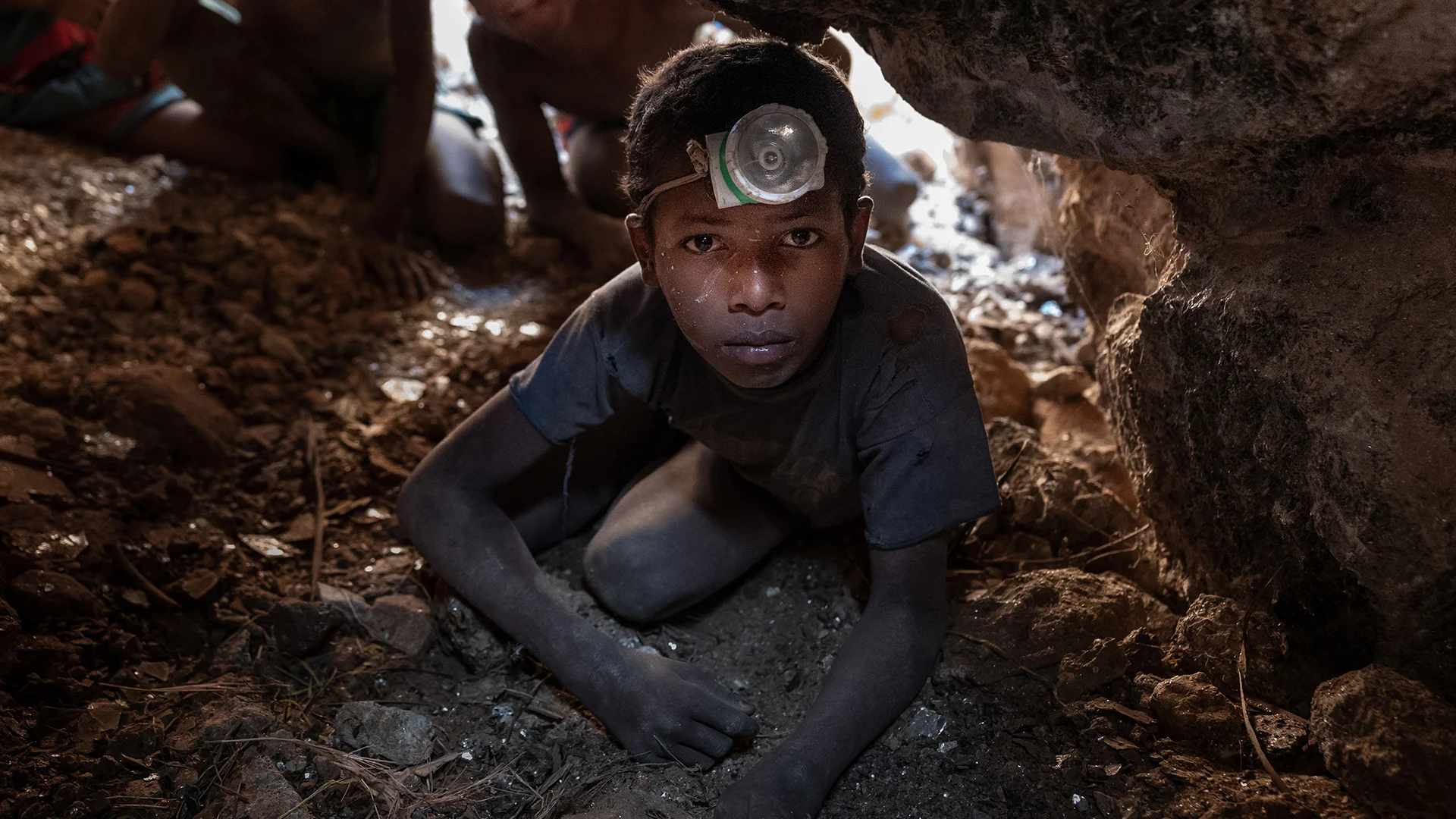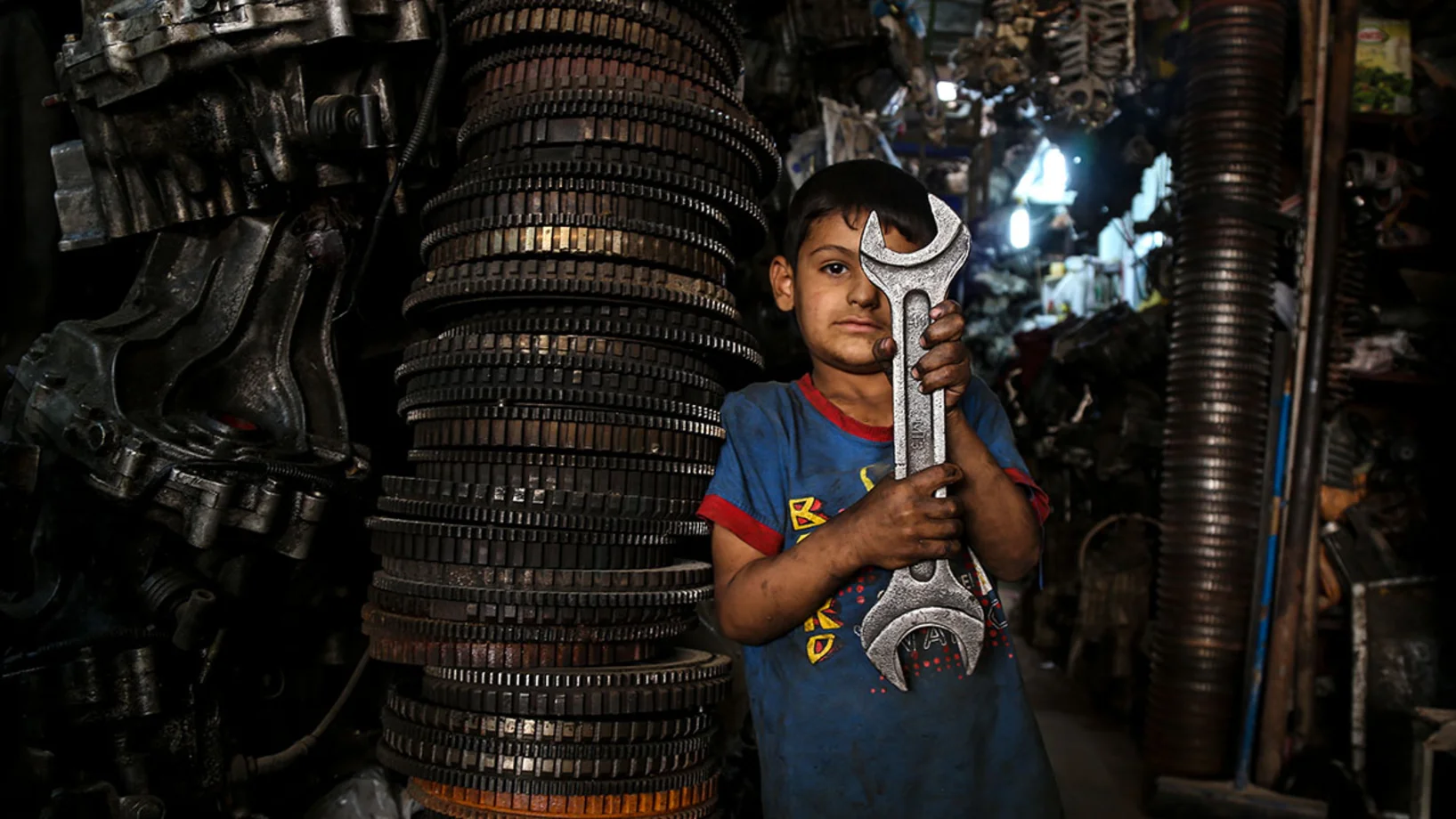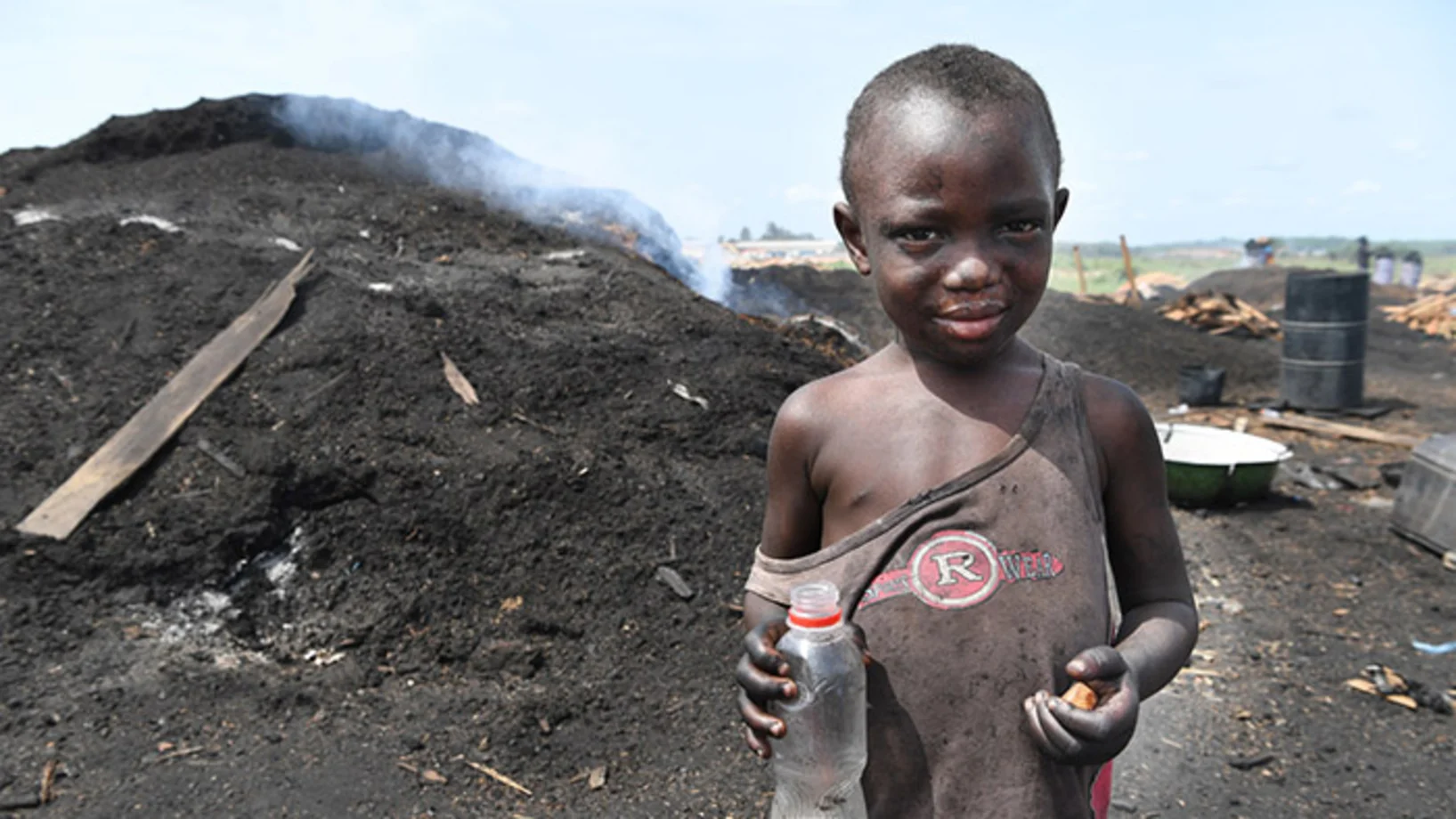Every day in Madagascar, hundreds of thousands of children can be found working on spice plantations and in quarries. Exploitation and abuse are common, conditions are often life-threatening, and school falls by the wayside. UNICEF is committed to the protection and education of Madagascar’s children.
The situation
Madagascar is one of the poorest countries in the world: 80 percent of the population lives on less than $2.15 per day. Although child labor is officially illegal, many children between the ages of 5 and 17 have to earn money to keep themselves and their families afloat. One in three children in the Atsinanana region works. Many children work in the spice industry. They can be found working on family farms, at curing stations and in transport. Some work in quarries and are subject to dangerous conditions. Exploitation and abuse, including sexual assault, are commonplace. Widespread poverty also forces many girls into marriage before their 18th birthday.
What UNICEF has achieved thanks to your help
Between July 2020 and September 2023, UNICEF Switzerland and Liechtenstein lent its support to a program to protect children working in the agricultural sector in Madagascar and promote access to education. This program helped 590 children in three regions in northeastern Madagascar. UNICEF implemented important child protection measures together with the communities, and the government has also become more involved in child rights and child labor issues.
Child victims of violence or exploitation were given access to educational programs. Parents were informed on how to better protect their children and safeguard their children’s rights. In Analanjirofo alone, 6,135 people took part in these training programs. They were also supported in earning an income which allowed their children to attend school. The people in the communities were informed about child rights and the program via radio and television.
The strengthening of local networks helped to reduce cases of violence against children. These networks are committed to detecting and reporting cases of abuse and exploitation and to providing support to abused and exploited children. Members of these networks are trained to respond to such cases as well as to prevent them from happening.



